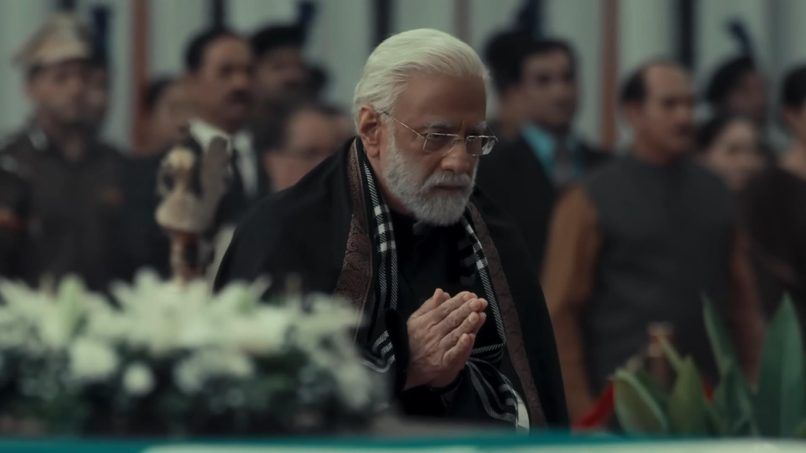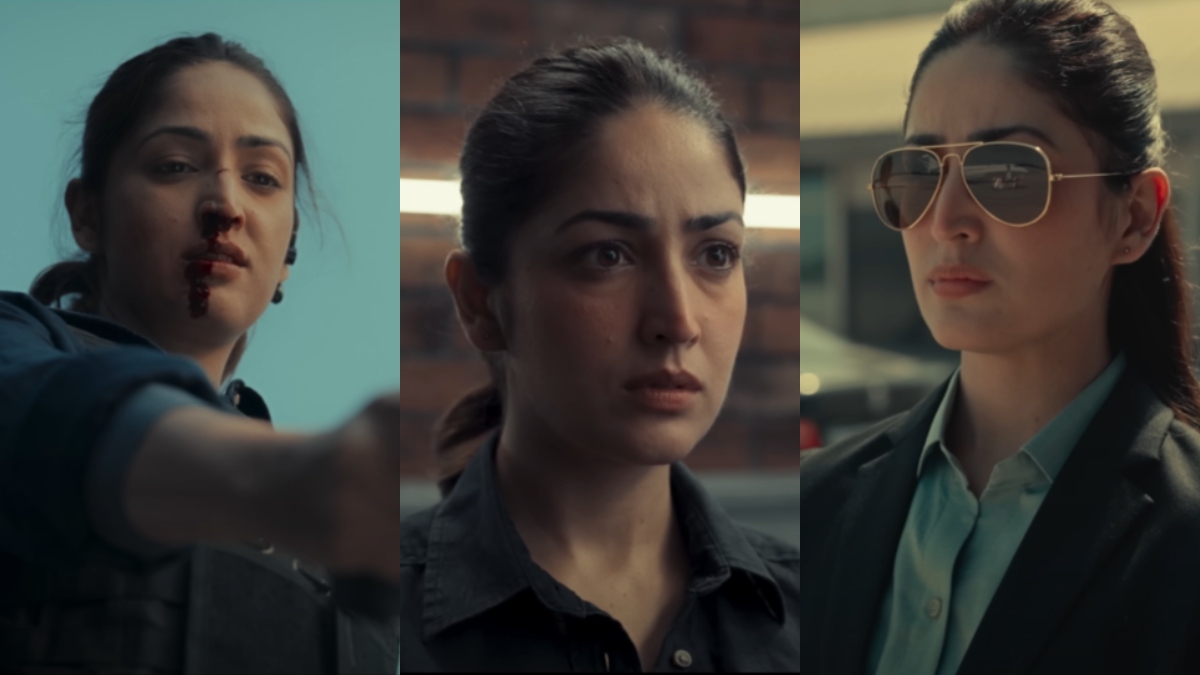CAST: Yami Gautam, Priyamani, Arun Govil,Raj Zutshi, Raj Arun, Sumit Kaul, Kiran Karmakar and Vaibhav Tatwawadi.
DIRECTOR: Aditya Suhas Jambhale
“Article 370” is a powerful testament to the complexities and nuances of a significant chapter in India’s contemporary history. Directed with a deft hand, the film navigates the sensitive political landscape surrounding the abrogation of Article 370 in Jammu and Kashmir. Unlike its predecessors in the genre, “Article 370” stands out for its balanced storytelling, factual grounding, and the exceptional performances of its lead cast, Yami Gautam and Priyamani, who bring depth, nuance, and authenticity to their roles.
At its core, “Article 370” is not just a political drama; it’s a human story set against the backdrop of a region marked by beauty and strife. The film meticulously details the life before and after the revocation of Article 370, a constitutional provision that granted special status to the state of Jammu and Kashmir. Through the lens of its characters, the movie delves into the impact of this monumental decision on the lives of its residents, weaving a narrative that’s both personal and political.
The screenplay, co-written by the director and a team of researchers, ensures that the narrative remains engaging without compromising on the accuracy of events. It’s a tightrope walk between portraying the emotional turmoil of the characters and the factual recounting of events, and “Article 370” manages this with remarkable finesse.
Yami Gautam delivers a career-best performance, embodying the role of a Kashmiri woman and a Field Officer of the National Intelligence Agency running on-ground ops against Terrorism in Kashmir. Her portrayal is layered, reflecting the resilience and quiet strength of her character. Priyamani as PMO Secretary Rajeshwari brings a different but equally compelling perspective to the narrative as one of the masterminds who essentially brings together the legal and constitutional narrative for the Government’s action. Her character’s journey from skepticism to empathy offers a nuanced exploration of the political and humanitarian dimensions of the issue.
The supporting cast, comprising seasoned actors and newcomers alike, adds depth to the story, ensuring that the portrayal of life in Kashmir is multidimensional and authentic. The interactions between characters, rich with regional dialects and cultural references, add to the film’s immersive quality.
The director’s vision for “Article 370” is ambitious, seeking not only to inform but to evoke empathy. The film’s direction is steady and assured, guiding the audience through complex political landscapes with clarity and sensitivity. The narrative is structured in a way that allows for a gradual build-up of tension, culminating in a climax that is both satisfying and thought-provoking.
Cinematography is another standout feature of “Article 370.” The breathtaking landscapes of Kashmir are captured with a keen eye for beauty amidst desolation. The visual storytelling, coupled with a haunting score, enhances the emotional gravity of the narrative, making the viewer’s journey through the film a deeply affecting experience.
In the current cinematic landscape, where political dramas often tread the line between storytelling and propaganda, “Article 370” manages to maintain its integrity. The film’s commitment to factual accuracy and balanced portrayal sets it apart from others in the genre. It provides a platform for dialogue and understanding, avoiding the pitfalls of sensationalism and bias that can mar narratives on sensitive subjects.
The screenplay’s attention to detail, in terms of legal and political processes, adds an educational layer to the film, making it not just a source of entertainment but also of insight into a pivotal moment in Indian politics.
What mars the entire narrative is those two extra scenes that should not have been in this otherwise brilliantly made political thriller. The seconds the camera glorifies the politicians it crosses its genre into propaganda.
At its heart, “Article 370” is a human story. It’s about the dreams, struggles, and resilience of people caught in the crossfire of history. The film doesn’t shy away from depicting the hardships faced by the residents of Jammu and Kashmir, but it also highlights moments of solidarity, love, and hope. This balanced portrayal ensures that the narrative remains grounded in reality, offering a glimpse into the human aspect of political decisions.
The portrayal of Raj Zutshi as Jalal; the anglicized politician ( a stretch on Farooq Abdulla) and Divya Seth as Andrabi ( based on Mehbooba Mufti) are very well portrayed in the storyline. Sumit Kaul excels yet again in his negative role. He brings the right diction, accent and energy to the table. It’s as authentic as it can get.
The emotional core of the film is further strengthened by its dialogues, which are poignant, reflective, and often laden with the weight of unspoken thoughts. These dialogues, combined with the powerful performances, make “Article 370” a deeply moving experience.
“Article 370” is a significant achievement in Indian cinema, offering a compelling, nuanced, and balanced exploration of a complex issue. It stands out for its factual approach, exceptional performances, and the sensitivity with which it handles a delicate subject matter. The film is a reminder of the power of cinema to inform, engage, and inspire dialogue.
Yami Gautam and Priyamani, with their stellar performances, ensure that the narrative doesn’t just remain a political discourse but becomes a canvas reflecting the myriad hues of human emotions. Their portrayal of strong, resilient women adds a layer of depth to the film, making it not just a story of a region but of its people.
As the credits roll, the film leaves you with a mix of emotions – hope, sadness, and a newfound understanding of the nuances of a historic decision. “Article 370” is not just a film to be watched; it’s a narrative to be experienced, reflected upon, and remembered.







